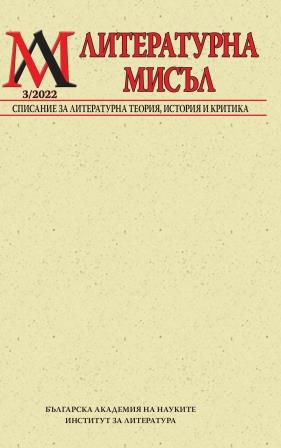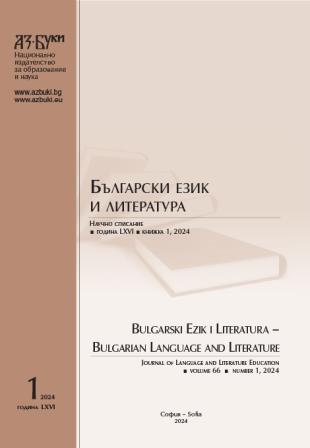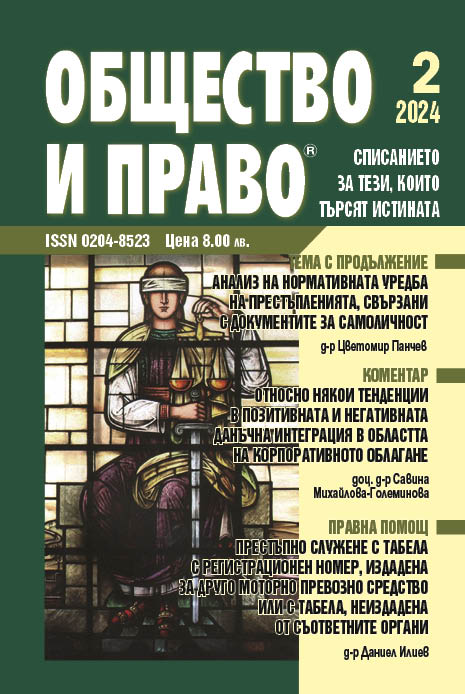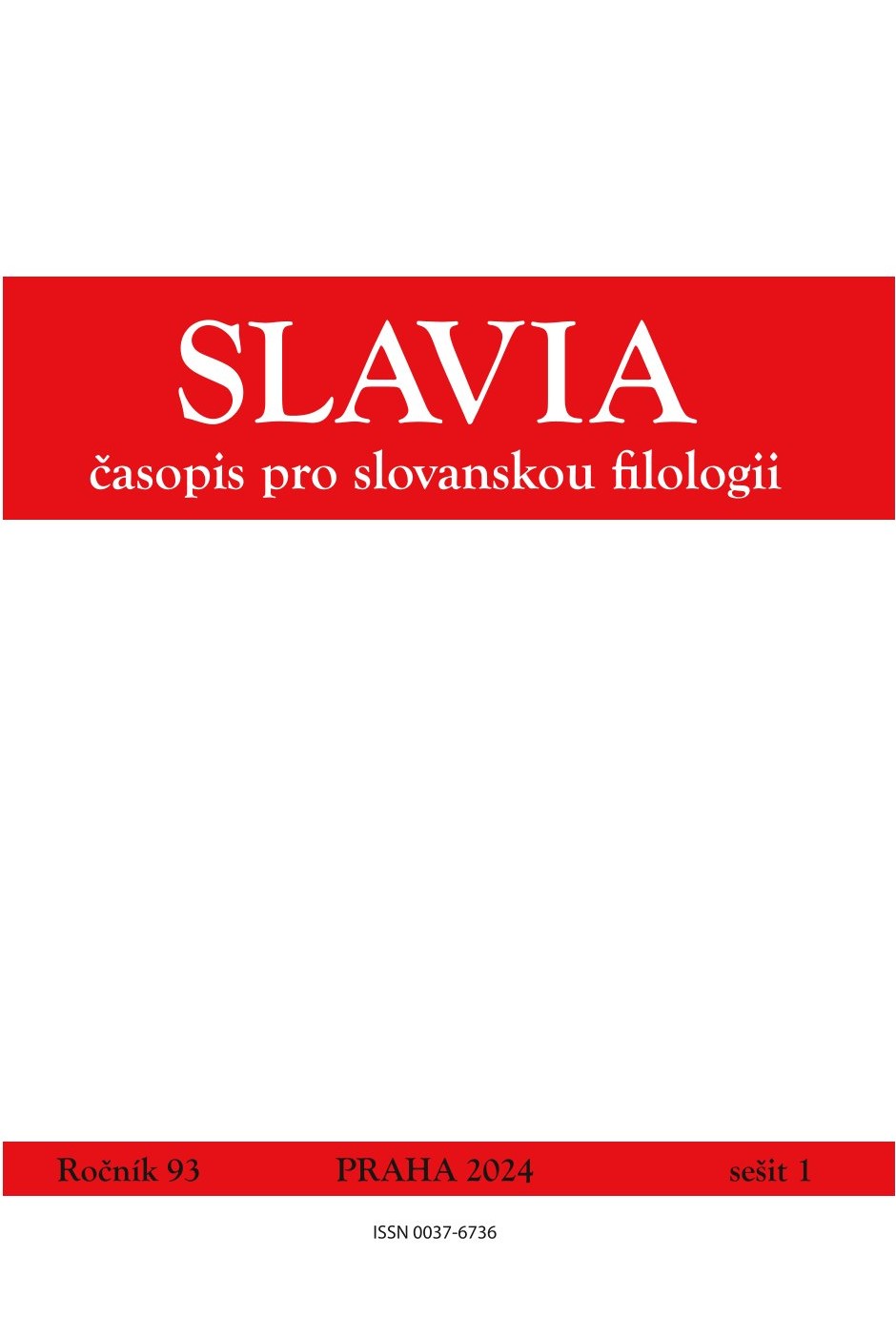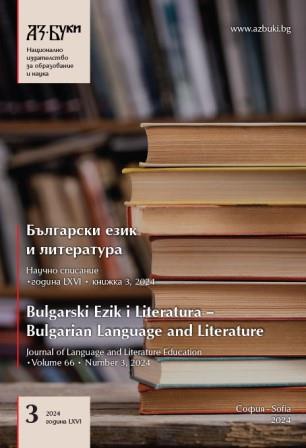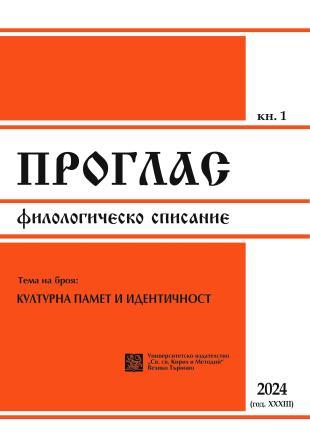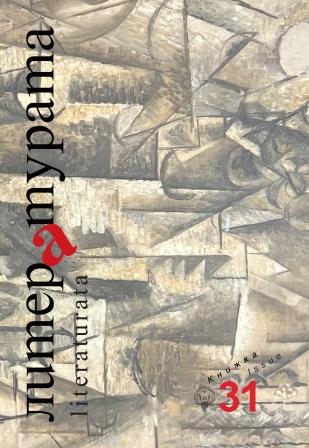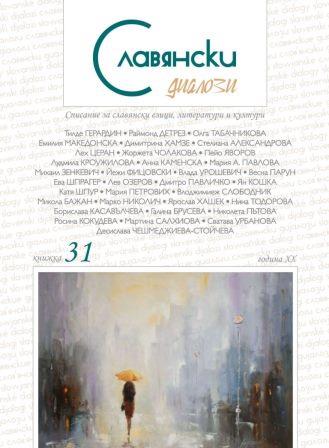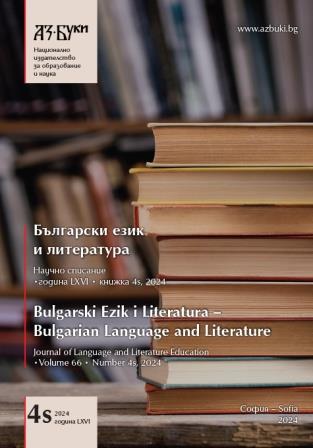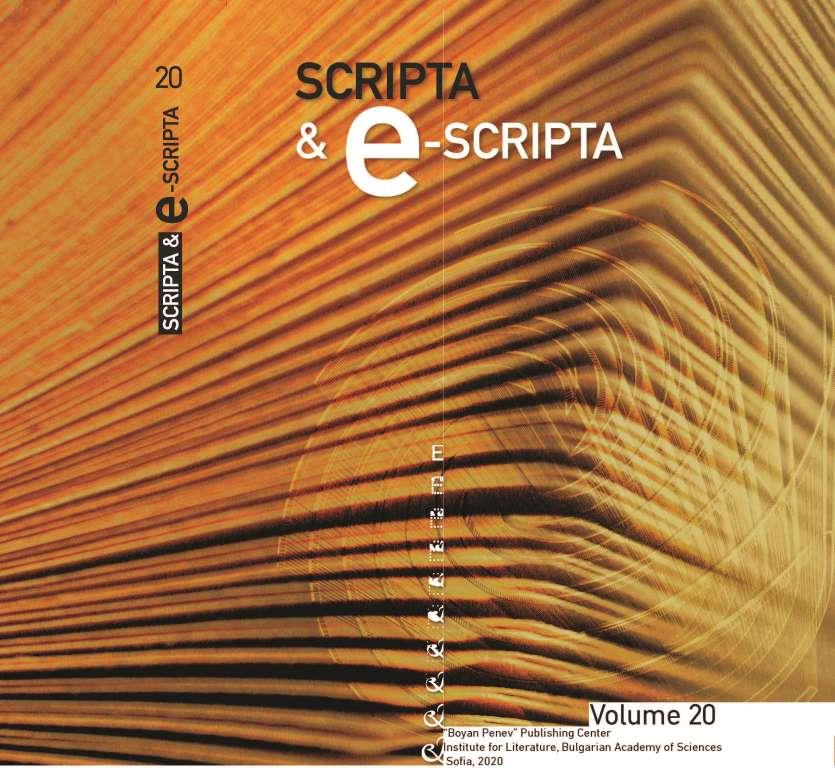
Hilandar Monastery Sbornici: An Incipitaria Project of the Hilandar Research Library
On the recommendation of the participants of the First International Hilandar Conference (1981), the Hilandar Research Library and the Resource Center for Medieval Slavic Studies at The Ohio State University initiated a project to create an incipitaria of the Hilandar Monastery Sbornici (miscellanies or compilations) from the fourteenth and fifteenth centuries, research that overlaps with and has been enhanced by the scholarly life’s work of Professor Klimentina Ivanova. The history and goals of the project are outlined here. The criteria for selecting the project’s manuscripts are discussed, and some observations gleaned from working with the texts are shared. A print publication of the Incipitaria has not been realized, but Professor Ivanova’s Bibliotheca Hagiographica Balcano-Slavica, and the forthcoming Bibliotheca Homiletica Balcano-Slavica, which are greatly enriched by the materials from Hilandar Monastery’s library, are invaluable resources to students and researchers of the medieval Slavic homiletic and hagiographical traditions.
More...
